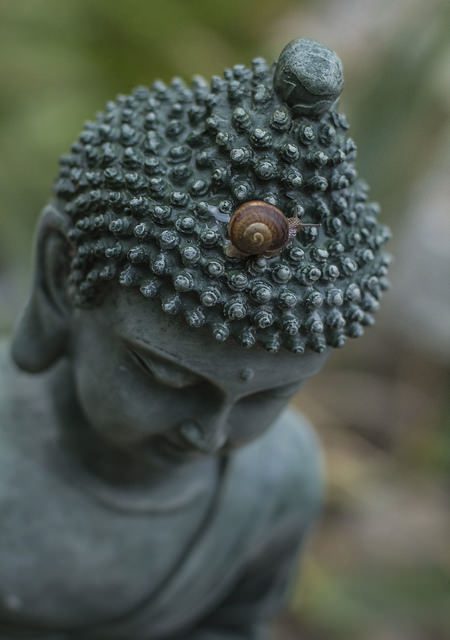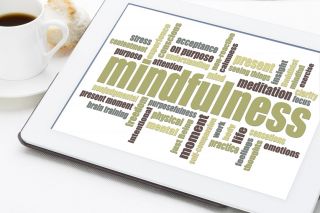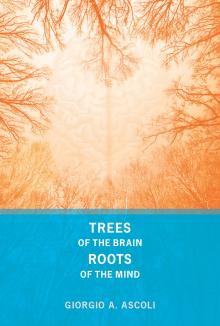
The Buddha encouraged his monks to be “ardent, alert, & mindful” and to put “aside greed and distress in reference to the world.”
I’ve been thinking a lot about these recommendation lately. What does it mean to set aside greed and distress? First, what is greed and what is distress?
Greed is desire. It is wanting things to be a certain way. Of course, there is nothing wrong with wanting things but greed is more than just the natural inclination towards pleasurable outcomes. Greed becomes a problem when we identify with that satisfaction of that greed. That is, how we are is make or break on the results.
Greed is intimately connected to distress. If the desire isn’t satisfied we feel distressed until it is. If the desire is satisfied, we might want it to last and there is a background anxiety about losing it at any moment, now or in the future. Or, once satisfied, we may just be on to the next desire.
Pretty much everything humanity does is tinged by greed–not overt greed like you would see on Wall Street but more subtle in the dance of desires.
Being in nature where there has been very little evidence of humanity, presents a situation in which, at least externally-imposed, greed and distress have been put aside. We can still engage in our own versions of greed and distress but there isn’t massive evidence of it around in the form of traffic, malls, and masses of people hurriedly moving through the world.
This separation from human-made greed and distress is an aspect of nature that I hadn’t considered before. Going into nature we can enjoy solitude, a respite from the demands of the world.
The “greed signatures” if you will made by human beings can have a corrosive effect. Even if we are not consciously buying into them, exposure creates at least a subtle form of stress, or distress. Getting away from it all is certainly no panacea, but it can be a healthy part of self-care, especially for introverts but really for anyone and everyone.

